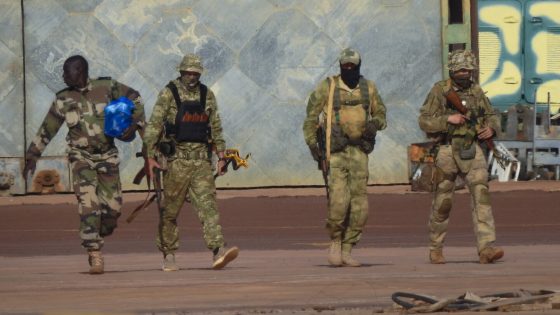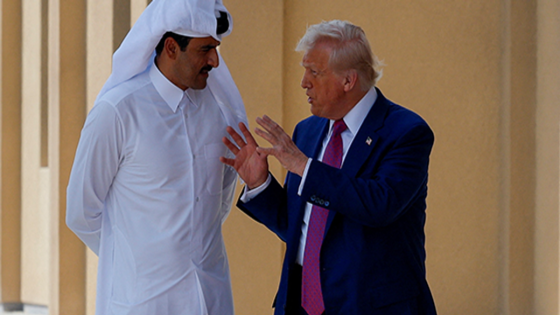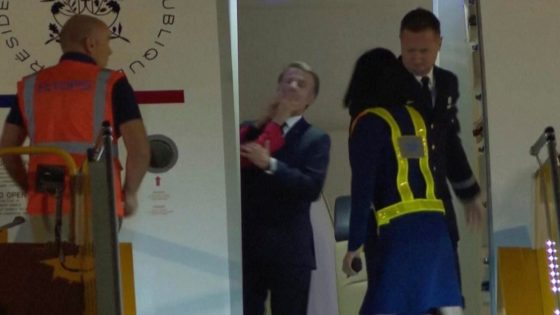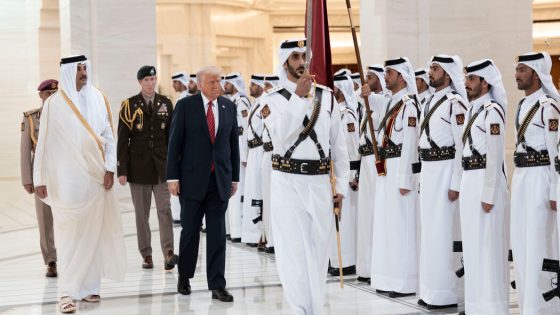The Wagner Group, a Russia-backed mercenary force, has announced its withdrawal from Mali after over three and a half years of combat against Islamic extremists. Despite this development, Russia will maintain a mercenary presence in the country through its state-controlled Africa Corps. This transition comes amid ongoing instability in the region, which has seen a rise in violence from armed groups linked to al-Qaida and the Islamic State.
- Wagner Group exits Mali after three years
- Africa Corps remains as Russian presence
- Wagner claimed mission success in Mali
- Russia's influence grows amid Western decline
- Allegations of civilian targeting by Wagner
- Possible internal disputes within Malian authorities
On June 7, 2025, Wagner declared its mission accomplished, claiming to have secured regional capitals for the Malian army and eliminated key militant leaders. However, the effectiveness of this partnership has been questioned, especially following recent heavy losses inflicted by insurgents. As the Malian army grapples with these challenges, the future of Russian military involvement remains uncertain.
This transition raises critical questions about the future of security in Mali. Will the Africa Corps be able to stabilize the region effectively? Observers note several key points:
- Wagner’s departure may signify internal disputes within the Malian government.
- The Africa Corps is expected to focus more on training and support rather than direct combat.
- Russia’s long-term strategy in Africa appears to be evolving post-Prigozhin.
- The ongoing insurgency poses a persistent threat to regional stability.
As the landscape of military engagement in Mali changes, it is crucial for the international community to monitor developments closely and consider how best to support efforts for peace and stability.

































